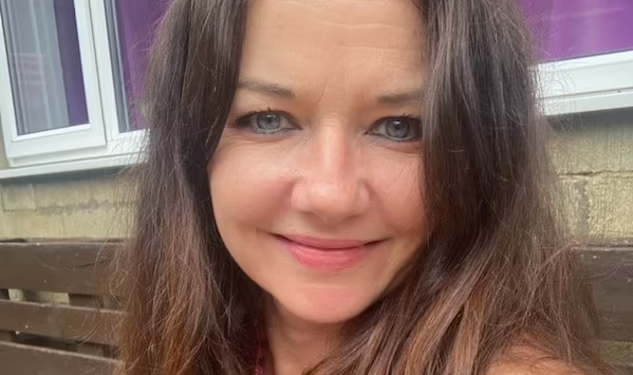Caroline Pover, a 52-year-old woman from Cirencester, has come forward with her experience of suffering chronic health complications after receiving the AstraZeneca vaccine. However, she claims that Facebook prevented her from sharing her story and restricted access to her account. Pover's case highlights the issue of online censorship and raises questions about the freedom to discuss vaccine side effects openly.
Pover received the AstraZeneca jab in March 2021 and within nine hours, she experienced convulsions, shivering, breathing difficulties, and low blood pressure. Her condition worsened, leading to “stroke-like” symptoms, exhaustion, breathing difficulties, a racing heart, and migraines. She was hospitalized and faced significant health challenges.
In March last year, Pover's story was shared in a national newspaper along with 800 other victims who struggled to claim compensation through the Government's Vaccine Damage Payment Scheme (VDPS). However, when Pover shared the link to the article on her Facebook feed earlier this year, the website flagged her account and put a warning notice on it.
Pover claims that her posts about her health complications started to receive Facebook “notes” related to vaccination. Furthermore, a group page she was an admin on was shut down entirely by Facebook in the summer of 2021. When she posted an article from the Daily Express that did not take a pro or anti-vaccine stance, she received a warning, and the post was hidden.
The censorship on Facebook has been frustrating for Pover, who believes that vaccine-injured individuals have the right to share their experiences and access information. She compared it to online support groups for serious conditions like cancer, stating that censoring those groups would be deemed outrageous. Pover's experience led her to develop a specific writing style to prevent posts from being flagged up.
Pover's determination to share her message has only grown stronger due to the censorship she faced. She has even written a book about adverse reactions to Covid jabs, which was published last year. However, her experiences highlight the difficulty vaccine-injured individuals face when trying to communicate their struggles and the long-term impact of their conditions.
Facebook's actions have not been limited to Pover's case alone. Another private Facebook group called UK CV Family, consisting of over 1,000 members who claim to have been injured or bereaved by Covid vaccines, has also taken steps to avoid being shut down. The group was founded in November 2021 by Charlet Crichton, who experienced an adverse reaction to the AstraZeneca jab. Crichton suffered from myocarditis and became bedridden for weeks, ultimately giving up her sports therapy business.
The restrictions imposed by social media platforms on discussions about vaccine side effects have drawn criticism. Molly Kingsley, co-founder of Us4Them, a group advocating for children's rights during the pandemic, referred to the restrictions as “Orwellian.” YouTube also tried to censor a video of lawyers providing evidence at the Covid Inquiry about vaccine side effects, citing “medical misinformation policy.”
The issue of online censorship surrounding vaccine side effects is a complex one. While it is crucial to combat the spread of misinformation, it is equally important to ensure that individuals have the freedom to share their experiences and access information. Striking a balance between these two objectives is necessary to foster transparency and accountability in the vaccination process.
AstraZeneca has stated that patient safety is its highest priority, and regulatory authorities have strict standards for the safe use of vaccines. The Medicines and Healthcare products Regulatory Authority (MHRA) has granted full marketing approval for the AstraZeneca vaccine in the UK based on its safety profile and efficacy.
The case of Caroline Pover sheds light on the challenges faced by vaccine-injured individuals in sharing their stories and accessing information. It also underscores the need for a more nuanced approach to online censorship regarding vaccine side effects. Ultimately, open dialogue and transparency are crucial to ensure public trust in the vaccination process.







